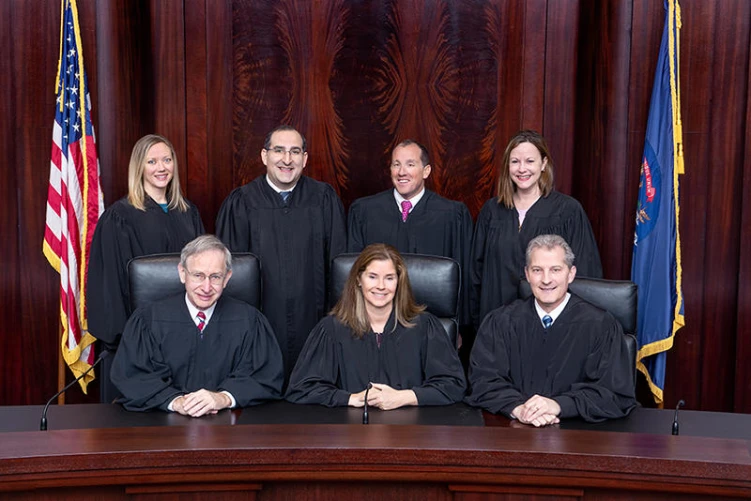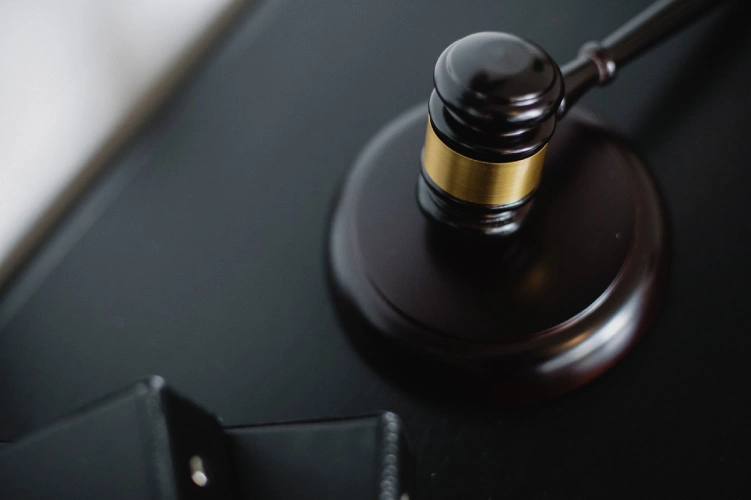- Get a power of attorney document in place for your elderly loved one while they are still able to make decisions.
- A healthcare proxy should also be considered, designating someone to make medical decisions for your loved one.
- You should consider a conservatorship if your loved one is unable to make decisions.
- Estate planning should also be done, with steps such as creating a will, setting up a trust, etc.
As a person ages, they may no longer be able to handle all their legal responsibilities independently. This is where you come in as a caregiver for your elderly loved one. But taking on these legal responsibilities can be a little overwhelming, especially if you’re unsure where to start. Here’s what you should know about taking care of legal obligations for your elderly loved one.
Power of Attorney.

One of the first legal documents you should consider for your elderly loved one is a power of attorney. This document allows your loved one to designate someone to act on their behalf if they become incapacitated.
You can make financial and medical decisions for your loved one as the designated person. It’s crucial to get a power of attorney set up while your loved one is still healthy and able to make decisions for themselves. This will help ensure their wishes are fulfilled when they can no longer decide for themselves.
Health Care Proxy.
A healthcare proxy or medical power of attorney is another important legal document to have for your loved one. This document designates someone to make medical decisions for your loved one if they become incapacitated. It’s important to discuss your loved one’s wishes for medical treatment and end-of-life care so that the designated person can make the right decisions when the time comes.
Conservatorship.
If your loved one is not able to make decisions for themselves and has not been designated a power of attorney or health care proxy, you may need to consider a conservatorship. This is a legal process in which a court appoints someone to make decisions for the incapacitated person.
However, if your loved one already has a conservator, you need to ensure that the conservator is doing their job correctly. If you have any concerns about the conservator’s actions or decisions, you can speak to a conservatorship contest attorney about your options. A conservatorship contest attorney is a lawyer who specializes in challenging a conservator’s actions or decisions.
They are knowledgeable about the laws surrounding conservatorships and can help you understand your rights. They can also help you file the necessary paperwork to challenge the appointment of a conservator or any decisions they make. In addition, a conservatorship contest attorney can advise you on protecting your loved one’s assets and ensuring their wishes are followed.
Estate Planning.
Estate planning is essential for everyone, but it becomes even more critical as people age. It ensures that your loved one’s assets are distributed according to their wishes and that their affairs are in order. Here are the steps you should take when considering estate planning for your elderly loved one:
Make sure they have a will.
A will is a legal document that outlines how your loved one’s assets should be distributed after they pass away. It’s essential to make sure the will is up-to-date and accurate.
If your loved one doesn’t have a will, you can help them create one or work with an estate planning attorney to ensure it’s done correctly. You should also regularly review the will and make any necessary updates.
Create a trust.

A trust is a legal entity that allows your loved one to place their assets in an account that can be managed by someone they designate. This person would then manage the assets as directed in the trust document. A trust is an excellent way for your elderly loved one to protect their assets and ensure they are distributed according to their wishes.
Designate beneficiaries.
Designating beneficiaries for your elderly loved one’s assets is an essential part of estate planning. This ensures that their assets go to the people they wish and do not end up in probate court.
Protect against scams.
As people age, they become more vulnerable to scams. It’s essential to educate your loved one about potential scams and how to protect themselves. This will help ensure that their assets are not taken advantage of by unscrupulous individuals.
Taking care of legal responsibilities for your elderly loved one can be daunting. However, it is essential to ensure that their wishes are followed and that they are protected from any potential scams or frauds. With the proper documents in place, you can provide peace of mind knowing that your elderly loved one’s assets will be taken care of according to their wishes when the time comes.



